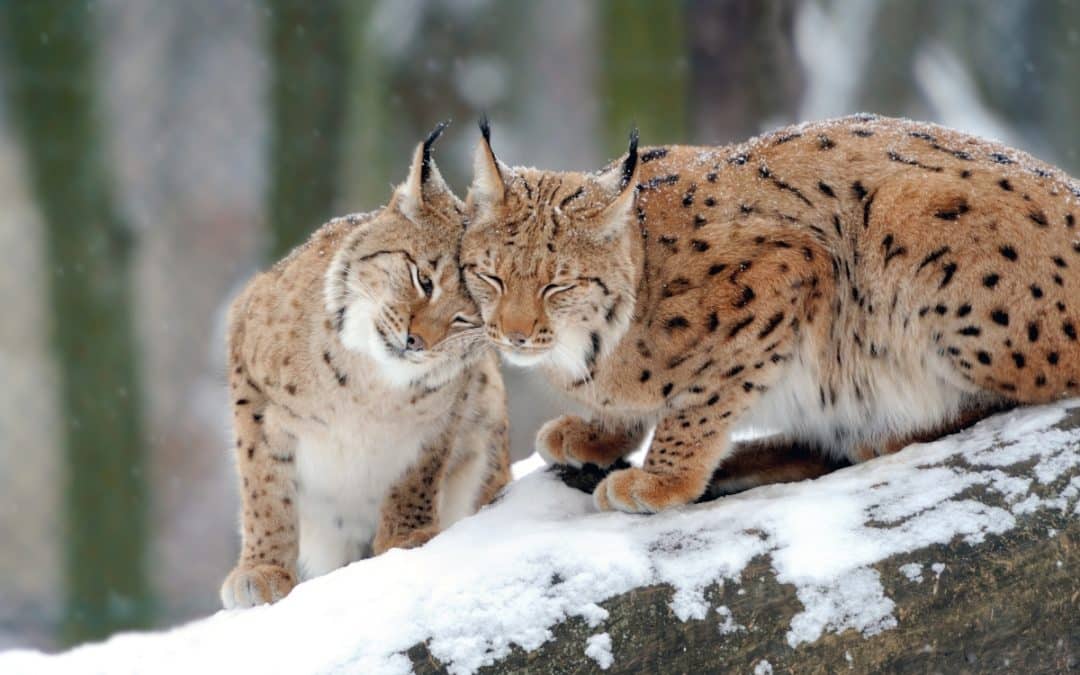
by GRA Team | Sep 18, 2025
Australia is home to some of the most unique and fragile ecosystems on Earth, making its biodiversity essential for local landscapes *and* for global climate stability and resilience. Bush Heritage Australia and other partners are demonstrating how rewilding at scale—through science, Indigenous knowledge, and long-term collaboration—can restore degraded ecosystems, protect species, and strengthen planetary systems. Despite its global importance, Australia receives limited conservation funding, highlighting the urgent need for international investment, partnerships, and solidarity. Protecting and restoring Australia’s wild places is not simply a national priority but a global responsibility, with ripple effects that shape the future of people, nature, and climate worldwide. By learning, sharing, and investing in these rewilding initiatives, we can all play a part in protecting Australia’s wild legacy—and in turn, safeguarding our shared future.
Copyright: Ben Parkhurst

by GRA Team | Mar 19, 2025
Together with our Alliance Partners, we have listened to people. We have listened to: farmers and fishers who are seeing the abundance return in their lands and waters; landowners, neighbours and volunteers that are witnessing the joy of nature’s recovery; and many people working together for a wilder world. We have brought these voices together into a visual document – Rewilding Together; Stories from the Field – and now we will let them speak for themselves.
Photo credit: Byrdyak from Getty Images Pro.

by GRA Team | Dec 28, 2024
As we draw near to the end of this wild year, we are taking you on a journey around the world to celebrate the remarkable strides made in rewilding. From African Wild Dogs to European Wildcats, Pangolins to Eastern Quolls, countless species have been reintroduced, their home landscapes restored, and entire ecosystems are now thriving across all continents! Rewilders are having a global impact; planting seeds of hope through a wide range of positive actions.
Photo credit: Jan Mengr, Altyn Dala Conservation Initiative.

by Joe Gray | Sep 19, 2024
In the far south of Mozambique, on sub-Saharan Africa’s east coast, lies a designated area known as Maputo National Park. Combining protected land with a marine reserve, and sitting within a landscape-scale transboundary conservation project, it exemplifies the holistic approach that is needed to address the global biodiversity crisis. It has also been the site, during the past couple of decades, for one of the more remarkable cases of nature’s revival – a story of healing in the wake of war.
Photo credit: Peace Parks Foundation

by Joe Gray | Jun 13, 2024
Partner Organisation: Rewilding Argentina
Location: Argentina, South America
While the rewilding movement is operating on a truly global scale, it is good to remind ourselves that the interconnected whole is one that comprises individuals. Rewilding, after all, is built on the reinvigoration of individual ecosystems. The saving of individual species. And, in Argentina, for instance, the reintroduction of individual jaguars.
Photo credit: Sebastián Navajas / Rewilding Argentina

by GRA Team | Jan 20, 2024
In EP3, we give you the recent rewilding success stories and hopeful news – from a COP28 round-up, the successful mangrove restoration in the world’s largest delta, all the way to the howl of wolves returning to the Rocky Mountains. This episode welcomes whales, wolves, wolverines, parakeets and many more.
Photo Credit: Prashanta Sarkar






